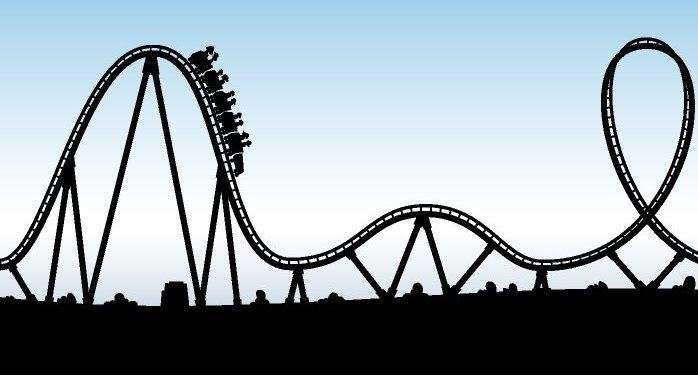Commentaries
STOCK MARKET VOLATILITY AND YOU
- February 20, 2018
- By Bob Dreizler
Wow. These last two weeks have been an amazing ride for the stock market.

The Dow Jones Industrial Average (an index of 30 large domestic stocks) did the following, starting Friday, February 2nd*:
Friday -666 -2.6%
Monday -1,175 -4.6%
Tuesday +567 +2.3%
Wednesday -19 -0.1%
Thursday -1,003 -4.2%
Friday +331 +1.4%
That is the definition of volatility.
Since the post-economic-meltdown low point of 6,547 on March 9, 2009, the Dow climbed with only occasional and mild interruptions to the high of 26,307 on January 26, 2018. Then things started to get crazy.
Everyone wants to know WHY. There is always speculation, but definitive answers are rare. Emotions, particularly greed and fear, are always contributing factors. Likely causes include The Trump/Republican Tax Law. It fueled fear that an overheating economy will cause inflation and rising interest rates–two things investors dislike. Concerns are growing that this law will explode the federal debt as revenue decreases and expenditures increase. Also, a new Federal Reserve Chairman just started working that week. So what should you do?
- Don’t panic or overreact.
- Examine your portfolio AND your emotional state.
- Look at the percentage change, not the point change. The recent 1,000 point drop was a 4% change. In March of 2009 a 4% drop would have been 260 points.
The stock market has been steadily rising since shortly after President Obama took office in 2009. Investors became complacent; there seemed to be no risk involved. Some investors who fled the market in 2007 never returned. They stashed their money in “safe” accounts that lost buying power to inflation while the market climbed. Many young potential investors have never experienced a significant market drop. Others have never really invested.
A sharp drop like this can occur at any time, whether for seemingly arbitrary reasons or due to a significant economic or political event. Another 10% or greater drop could occur next week.
It is important to learn from what happened. Changing your portfolio to a more cautious mix should be based on your financial situation and your attitude, not on events. If it has been a while since you reviewed your accounts OR if the last two weeks has really bothered you, maybe it’s time to talk with your friendly financial advisor.
* Sources: www.investing.com and money.cnn.com. The Dow Jones Industrial Average is noted above since it is so high profile. I prefer to look at the Standard and Poor’s 500 Index because it is based on a larger cross-section of stocks. You cannot directly invest in indexes, though alternatives are available.
- Post Categories
- Uncategorized
Bob Dreizler
Where are my Photos and Art?

These two photos were exhibited in the 2018 California State Fair


AWARD OF EXCELLENCE AT 2016 CALIFORNIA STATE FAIR
Wooden Chair and Esalen Tree Photo (Illustration Mode)

Reflection in Lilly Pad Pond (Photo)

Tower Bridge with Moon (Photo)

View from New Brighton Beach Campground Rollerball Pen and Colored Pencils

GRANNY, GRANDKIDS AND SEAGUL IN BODEGA BAY

